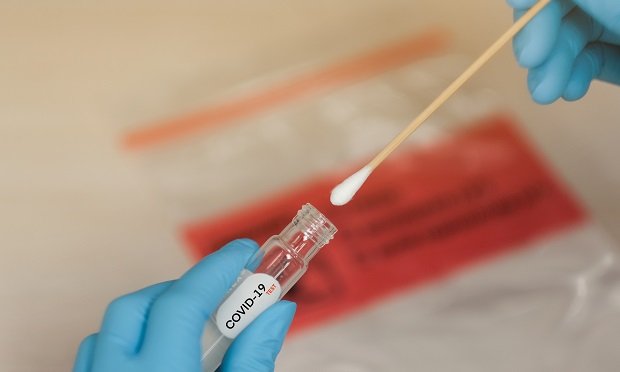 But dogged by issues of cost, access, logistics and employee privacy, tests aren't part of most back-to-work plans.(Photo: Shutterstock)
But dogged by issues of cost, access, logistics and employee privacy, tests aren't part of most back-to-work plans.(Photo: Shutterstock)
(Bloomberg) — From nursing homes in New York and a landfill in Utah to Disney World and the Las Vegas Strip, employers are wrestling with workplace safety in the age of COVID-19 and making fraught calculations about how to safeguard both their businesses and their employees. Mass testing, a critical tool to stem the virus's spread, would appear an obvious solution.
Recommended For You
Want to continue reading?
Become a Free PropertyCasualty360 Digital Reader
Your access to unlimited PropertyCasualty360 content isn’t changing.
Once you are an ALM digital member, you’ll receive:
- Breaking insurance news and analysis, on-site and via our newsletters and custom alerts
- Weekly Insurance Speak podcast featuring exclusive interviews with industry leaders
- Educational webcasts, white papers, and ebooks from industry thought leaders
- Critical converage of the employee benefits and financial advisory markets on our other ALM sites, BenefitsPRO and ThinkAdvisor
Already have an account? Sign In Now
© 2025 ALM Global, LLC, All Rights Reserved. Request academic re-use from www.copyright.com. All other uses, submit a request to [email protected]. For more information visit Asset & Logo Licensing.








